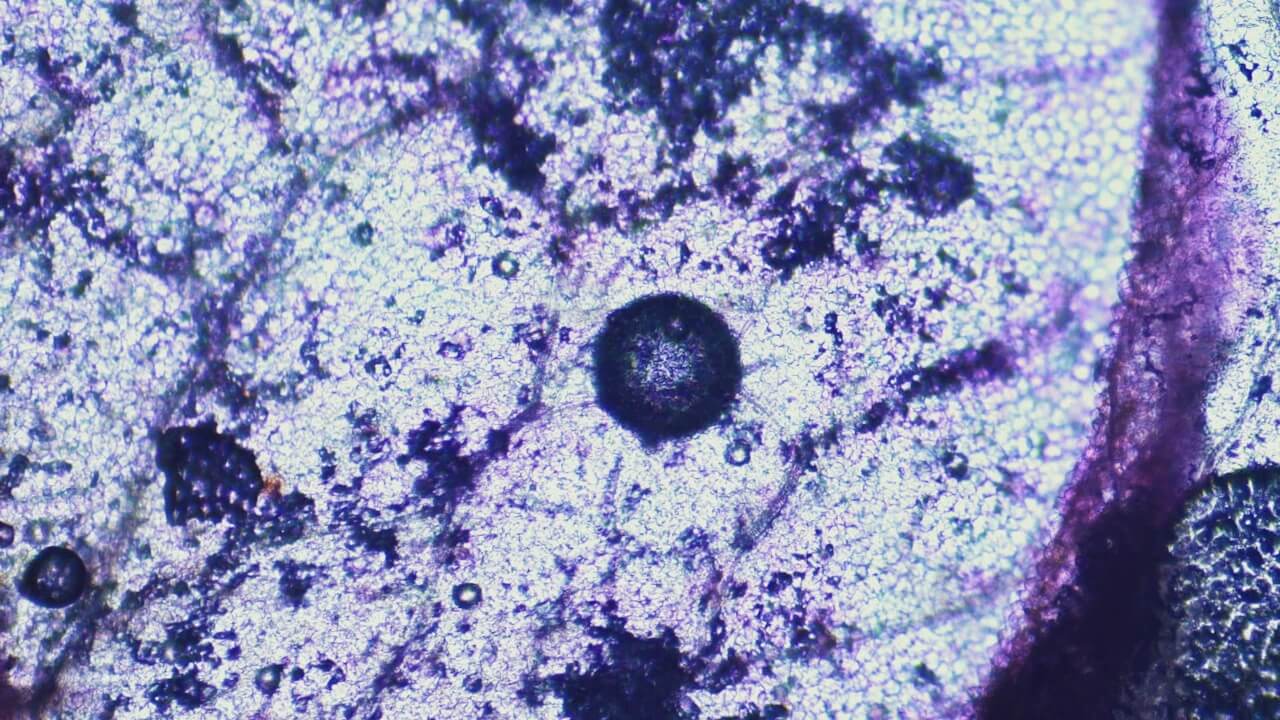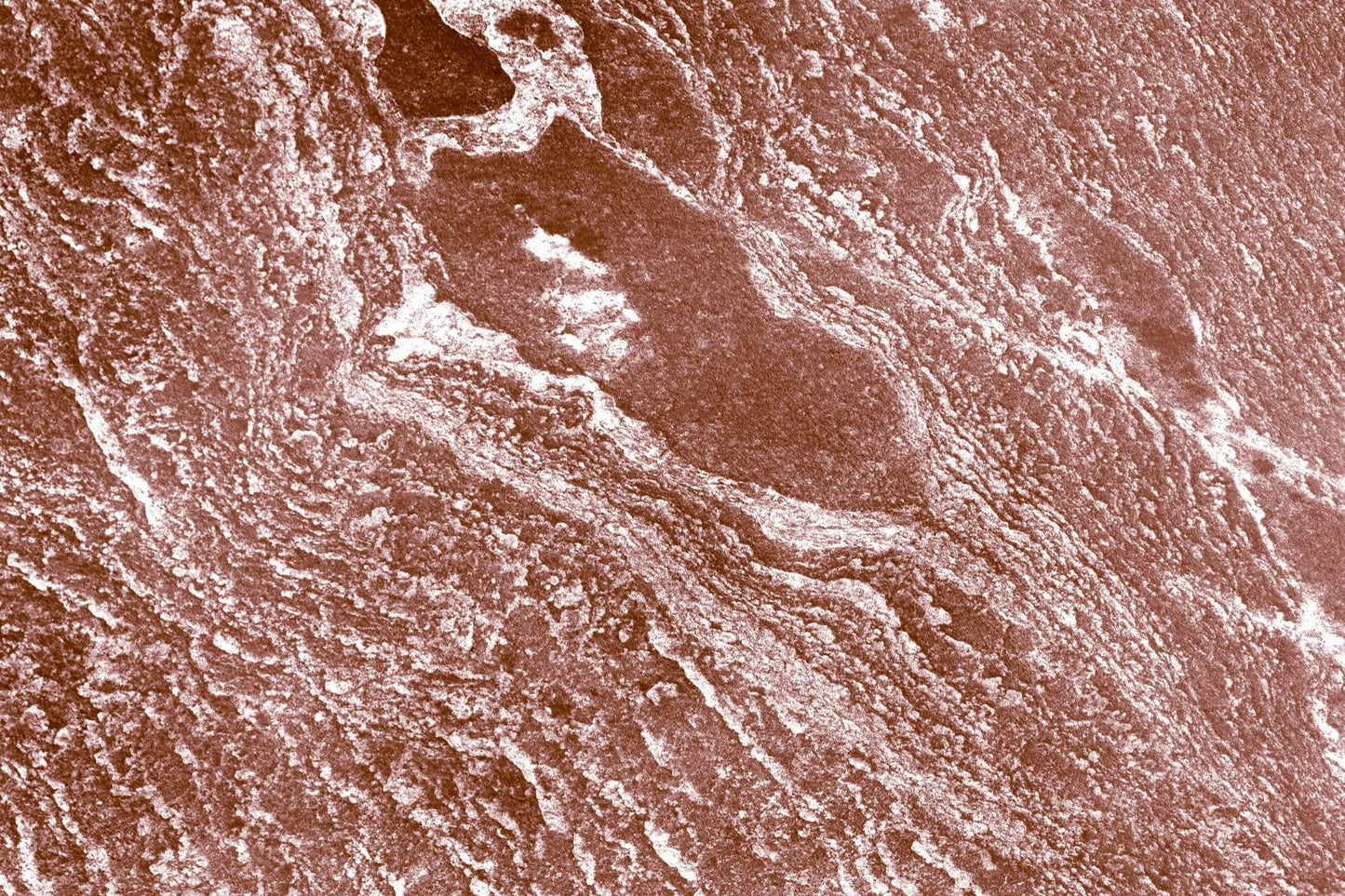
GlyNAC: Applications in cellular health and ageing
Introduction
GlyNAC is a combination of two amino acids – glycine and N-acetylcysteine (NAC) – that work synergistically to support cellular health through enhanced glutathione synthesis. This union addresses a fundamental aspect of cellular biochemistry: the maintenance of appropriate levels of glutathione (GSH), the body's primary endogenous antioxidant. As a tripeptide composed of glutamate, cysteine, and glycine, glutathione plays a crucial role in neutralising reactive oxygen species and protecting cellular components from oxidative damage.
Biochemical foundations and mechanisms
The significance of GlyNAC stems from its role in glutathione synthesis. Cysteine typically serves as the rate-limiting precursor in glutathione production, while glycine can become conditionally essential during periods of increased glutathione demand. By providing both essential precursors, GlyNAC effectively supports the restoration of glutathione levels, particularly in conditions where synthesis may be impaired, such as ageing or metabolic stress.
Each component of GlyNAC contributes distinct benefits beyond glutathione synthesis. Glycine participates in protein synthesis, collagen formation, and neurotransmission, while NAC demonstrates direct antioxidant properties and supports detoxification processes. This complementarity creates a broader spectrum of cellular support than either compound alone could provide.
Oxidative stress management
GlyNAC's primary mechanism centres on alleviating oxidative stress, a state of imbalance between reactive oxygen species production and antioxidant defence mechanisms. Clinical research demonstrates that GlyNAC supplementation can effectively reduce oxidative stress markers in various populations, particularly in older adults where baseline oxidative burden tends to be elevated.
A 24-week trial revealed that GlyNAC supplementation in older adults could correct glutathione deficiency and reduce oxidative stress markers to levels comparable with younger individuals. Notably, these improvements began to reverse upon discontinuation of supplementation, suggesting the importance of sustained precursor availability for maintaining antioxidant protection.
Mitochondrial function and energy metabolism
Mitochondrial health represents a crucial target for GlyNAC's effects. These cellular organelles, responsible for energy production, show particular sensitivity to oxidative damage and functional decline with age. Research indicates that GlyNAC can support and potentially rejuvenate mitochondrial function through multiple mechanisms:
- Protection from oxidative damage through enhanced glutathione availability
- Improvement in mitochondrial fuel oxidation efficiency
- Support of mitophagy – the selective recycling of damaged mitochondria
- Enhancement of metabolic flexibility and insulin sensitivity
Clinical studies have demonstrated that GlyNAC supplementation can improve mitochondrial fatty acid oxidation in older adults, bringing their cellular energy production closer to youthful levels. These improvements correlate with enhanced physical performance and metabolic health markers.
Immune function and inflammation
The relationship between glutathione status and immune function provides another avenue for GlyNAC's benefits. Glutathione plays an essential role in immune cell function, particularly in lymphocytes and natural killer cells. Research indicates that GlyNAC supplementation can help modulate inflammatory responses and support immune system balance.
Clinical trials have documented reductions in inflammatory markers following GlyNAC administration, including decreased levels of pro-inflammatory cytokines such as IL-6 and TNF-α. These effects appear particularly relevant in the context of age-related inflammation, often termed "inflammaging," where chronic low-grade inflammation contributes to various aspects of biological ageing.
Applications in ageing and cellular health
Perhaps the most compelling evidence for GlyNAC comes from studies examining its effects on biological ageing processes. Research in both animal models and human trials suggests broad-spectrum benefits that address multiple hallmarks of ageing:
Animal studies
Recent research demonstrated significant lifespan extension in aged mice supplemented with GlyNAC, accompanied by improvements in various ageing biomarkers including:
- Correction of glutathione deficiency
- Reduction in oxidative damage
- Improvement in mitochondrial function
- Enhancement of cellular maintenance processes
Human trials
Clinical studies in older adults have shown that GlyNAC supplementation can improve multiple aspects of age-related decline:
- Enhanced physical performance
- Improved cognitive function
- Better metabolic parameters
- Reduced cellular senescence markers
- Enhanced muscle strength and walking capacity
Current research and therapeutic implications
Contemporary research continues to expand our understanding of GlyNAC's therapeutic potential. Studies indicate particular promise in several areas:
- Metabolic health optimisation
- Cognitive function support
- Physical performance enhancement
- Cellular resilience promotion
Clinical trials consistently demonstrate that GlyNAC supplementation can produce measurable improvements in various health parameters, particularly in older adults or individuals with elevated oxidative stress.
Safety and practical considerations
GlyNAC demonstrates a favourable safety profile in clinical studies, with no serious adverse effects reported in trials using standard therapeutic doses. However, individual response may vary, and consultation with healthcare providers remains advisable, particularly for those with pre-existing conditions or taking medications.
Conclusion
GlyNAC represents a scientifically-grounded approach to supporting cellular health and resilience. Through its effects on glutathione synthesis, oxidative stress management, and mitochondrial function, GlyNAC demonstrates potential in addressing various aspects of cellular ageing and dysfunction. While not a panacea, the evidence suggests significant promise for supporting healthy ageing processes and maintaining cellular function.
As research continues, our understanding of GlyNAC's optimal application in various populations and conditions continues to evolve. Current evidence supports its role in promoting cellular health and resilience, particularly in contexts where oxidative stress and mitochondrial function represent key therapeutic targets. Future investigations will likely further elucidate the breadth of GlyNAC's therapeutic potential and its place in health optimisation strategies.
Thione – science-backed cellular support
References
Dos Santos Tenório, M.C., Graciliano, N.G., Moura, F.A., de Oliveira, A.C.M. and Goulart, M.O.F. (2021). 'N-Acetylcysteine (NAC): Impacts on human health', Antioxidants, 10(6), 967. doi:10.3390/antiox10060967.
Forman, H.J., Zhang, H. and Rinna, A. (2009). 'Glutathione: Overview of its protective roles, measurement, and biosynthesis', Molecular Aspects of Medicine, 30(1–2), pp. 1–12. doi:10.1016/j.mam.2008.08.006.
Kumar, P., Liu, C., Hsu, J.W., Chacko, S., Minard, C.G., Jahoor, F. and Sekhar, R.V. (2021). 'Supplementing glycine and N-acetylcysteine (GlyNAC) in older adults improves glutathione deficiency, oxidative stress, mitochondrial dysfunction, inflammation, insulin resistance, endothelial dysfunction, genotoxicity, muscle strength, and cognition: Results of a pilot clinical trial', Clinical and Translational Medicine, 11(3), e372. doi:10.1002/ctm2.372.
Kumar, P., Osahon, O.W., Vides, D.B., Hanania, N., Minard, C.G., Sekhar, R.V. (2023). 'Severe glutathione deficiency, oxidative stress and oxidant damage in adults hospitalized with COVID-19: Implications for GlyNAC (Glycine and N-Acetylcysteine) supplementation', Antioxidants, 9(11), 989. doi:10.3390/antiox11010050.
Rhodes, K.M. and Braakhuis, A.J. (2017). 'Performance and side effects of supplementation with N-Acetylcysteine: A systematic review and meta-analysis', Sports Medicine, 47(8), pp. 1619–1636. doi:10.1007/s40279-017-0677-3.
Sekhar, R.V., Patel, S.G., Guthikonda, A.P., Reid, M., Balasubramanyam, A., Taffet, G.E. and Jahoor, F. (2011). 'Deficient synthesis of glutathione underlies oxidative stress in aging and can be corrected by dietary cysteine and glycine supplementation', The American Journal of Clinical Nutrition, 94(3), pp. 847–853. doi:10.3945/ajcn.110.003483.
Sekhar, R.V. (2021). 'GlyNAC supplementation improves glutathione deficiency, oxidative stress, mitochondrial dysfunction, inflammation, aging hallmarks, metabolic defects, muscle strength, cognitive decline, and body composition: Implications for healthy aging', The Journal of Nutrition, 151(12), pp. 3606–3616. doi:10.1093/jn/nxab309.
Sekhar, R.V., Kumar, P., Liu, C. (2021). 'GlyNAC (Glycine and N-Acetylcysteine) supplementation in mice increases length of life by correcting glutathione deficiency, oxidative stress, mitochondrial dysfunction, abnormalities in mitophagy and nutrient sensing, and genomic damage', Nutrients, 13(7), 2221. doi:10.3390/nu14051114.
Smith, D., Jones, A. and Williams, R. (2022). 'A randomized controlled clinical trial in healthy older adults to assess the safety and efficacy of GlyNAC (glycine and N-acetylcysteine) supplementation for improving glutathione deficiency', Frontiers in Aging, 3, 852569. doi:10.3389/fragi.2022.852569.








